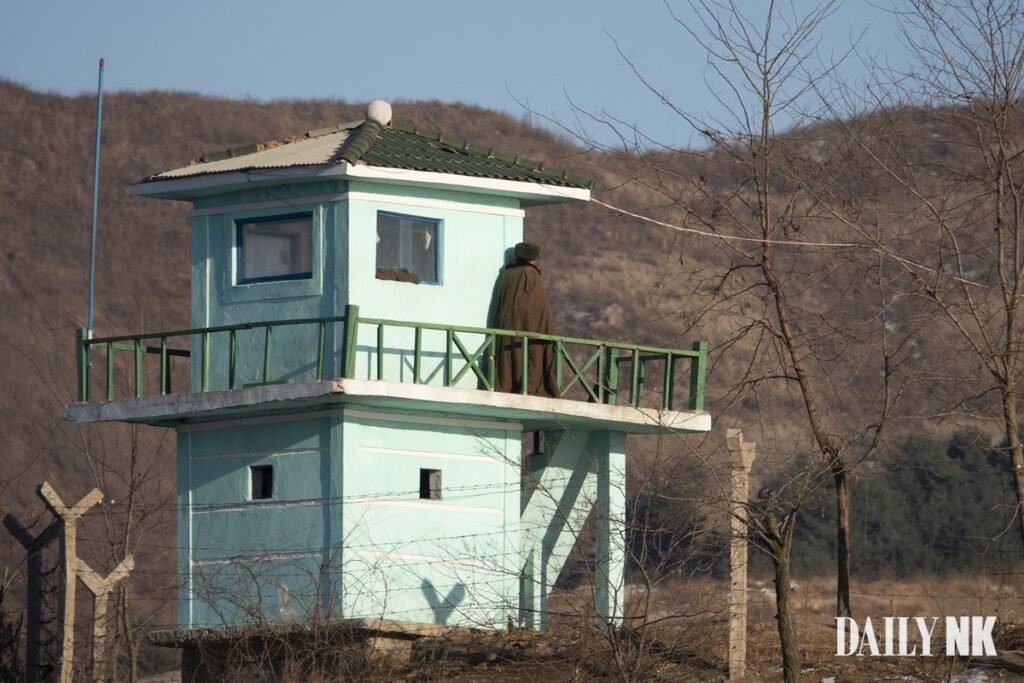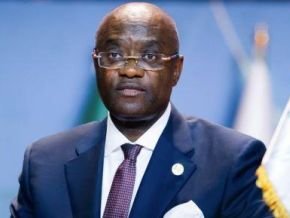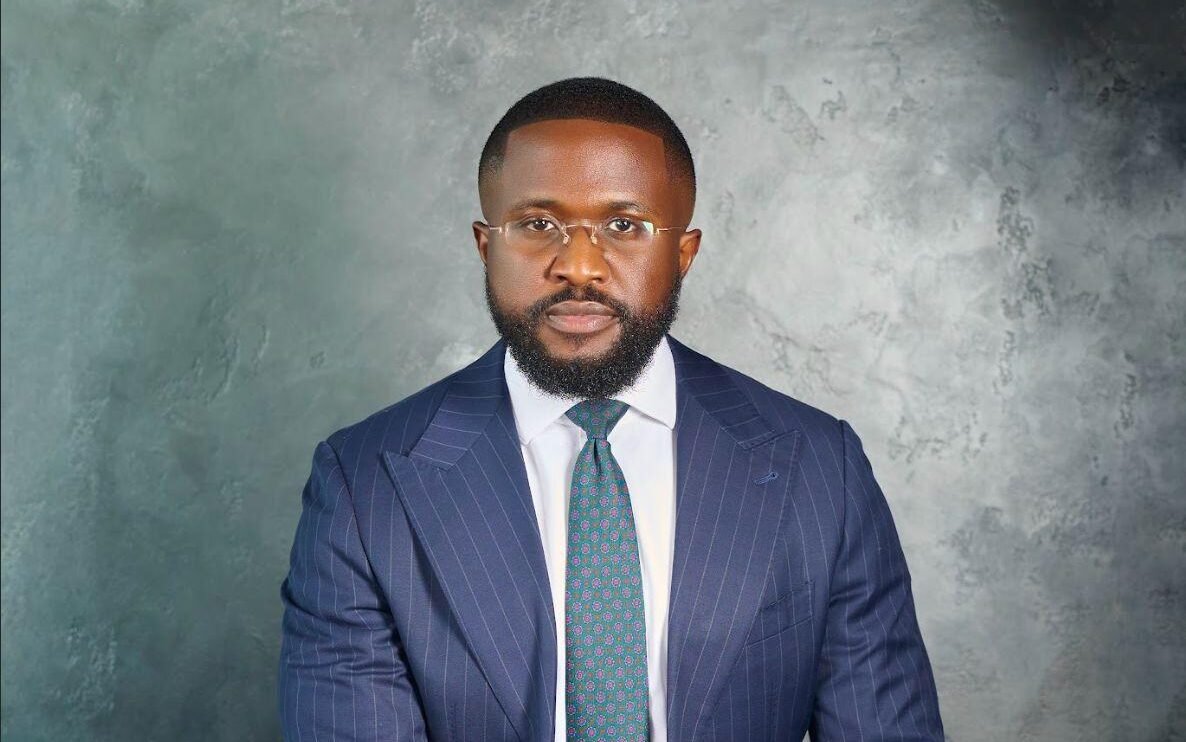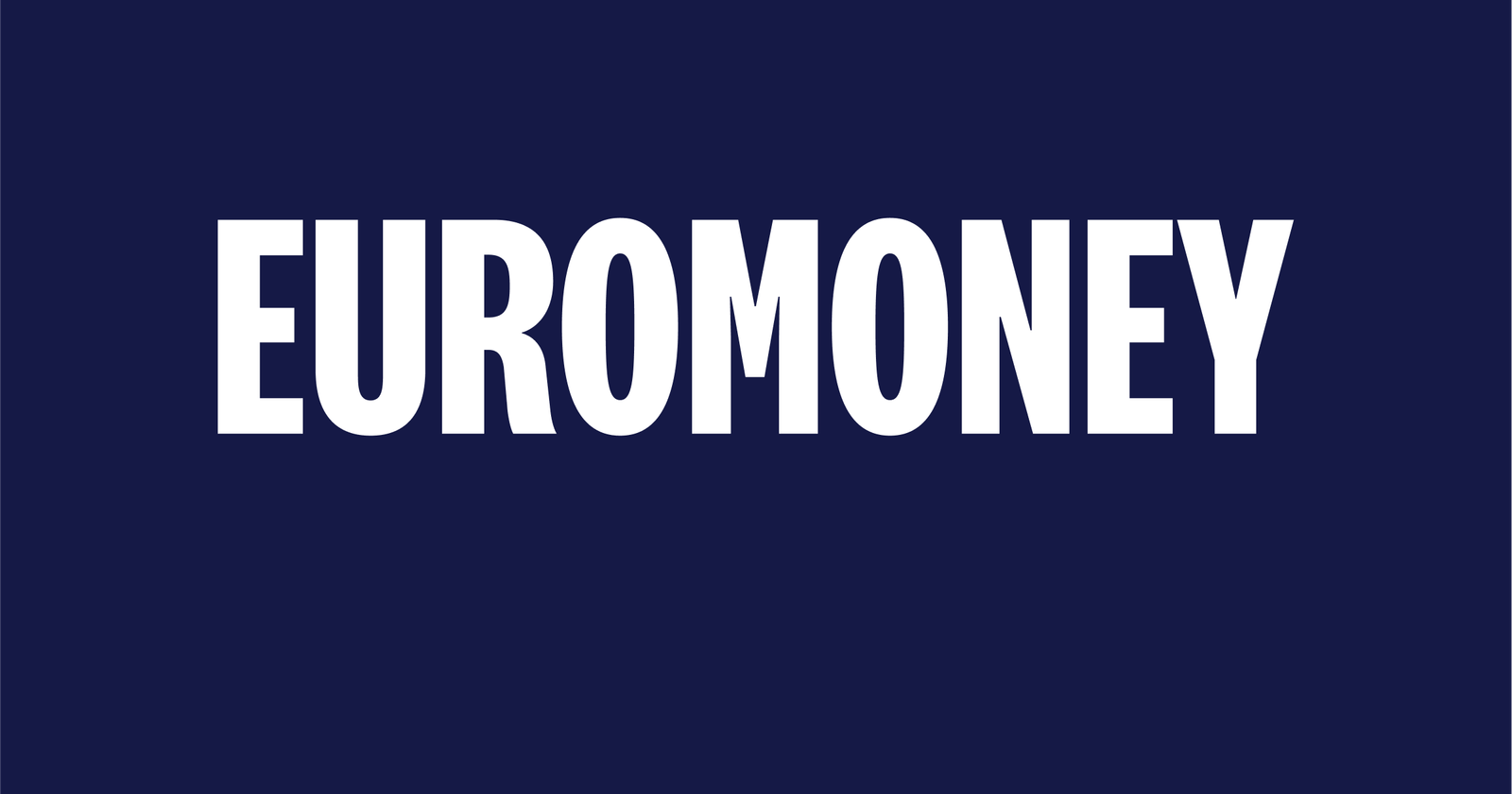
The North Korean authorities have intensified controls on trade officials who carry out or bring in foreign exchange, such as dollars or Chinese yuan, in cash, leading officials to reduce their activities as restrictions make overseas business increasingly difficult.
According to a Daily NK source in China, the North Korean authorities have forbidden officials from large- and medium-sized trading companies from carrying cash when they depart for overseas from the middle of last month.
The North Korean authorities explicitly mentioned only “cash.” Although they did not specifically say whether they meant foreign currency or North Korean won, most trade officials carry foreign currency, such as dollars or yuan, when they travel overseas. Hence, trading company managers naturally assume they mean foreign currency.
In fact, North Korean trade officials cannot even carry $100 when they travel overseas.
Stemming foreign currency outflow as won plummets
The North Korean government’s move to control the outflow of foreign currency appears aimed at preventing North Korea’s internal exchange rates and prices from rising due to the loss of foreign exchange. This is because if foreign currency flows overseas, the local supply decreases and its value increases, depressing the value of the North Korean won.
The North Korean dollar-won exchange rate, which was in the 8,000-won range early last year, began climbing in the second quarter of that year, and the dollar is now trading at more than 38,000 won. With North Korea’s exchange rates climbing at their fastest rate since the country’s chaotic 2009 currency reform, prices have also skyrocketed—the cost of rice has more than quadrupled, while the prices of imported foodstuffs such as sugar, cooking oil and wheat flour have climbed between threefold and fivefold.
The amount of foreign currency trade officials carry out of the country is not especially large. Nevertheless, the North Korean authorities appear to have banned them from carrying foreign exchange when they leave the country to stop the outflow of foreign currency, no matter how little.
However, trade officials who have been ordered by the authorities to purchase items the state needs may carry foreign currency with them under authorization.
Meanwhile, trade officials returning to North Korea with large amounts of foreign currency are subject to intensive interviews and inspections at customs.
Of course, the North Korean authorities do not ban people from returning from overseas with foreign currency. However, if trade officials return to North Korea carrying more than $1,000, customs officials grill them about how they earned the cash.
In particular, customs officials suspect that trade officials who return with more than $1,000 may be secretly communicating with the South Korean government, and that they received the cash in return for turning over information to Seoul.
Since trade officials could get branded as spies or anti-state actors if they perform poorly during the interrogations at customs, they are cautious about returning to North Korea with even small amounts of foreign currency.
“With the state controlling foreign currency, trade officials are reducing their activities,” the source said. “Since the authorities are telling them to depart with only the shirt on their backs, earn foreign currency, send it back to the state through official channels and return empty-handed, few are willing to go overseas and trade.”







